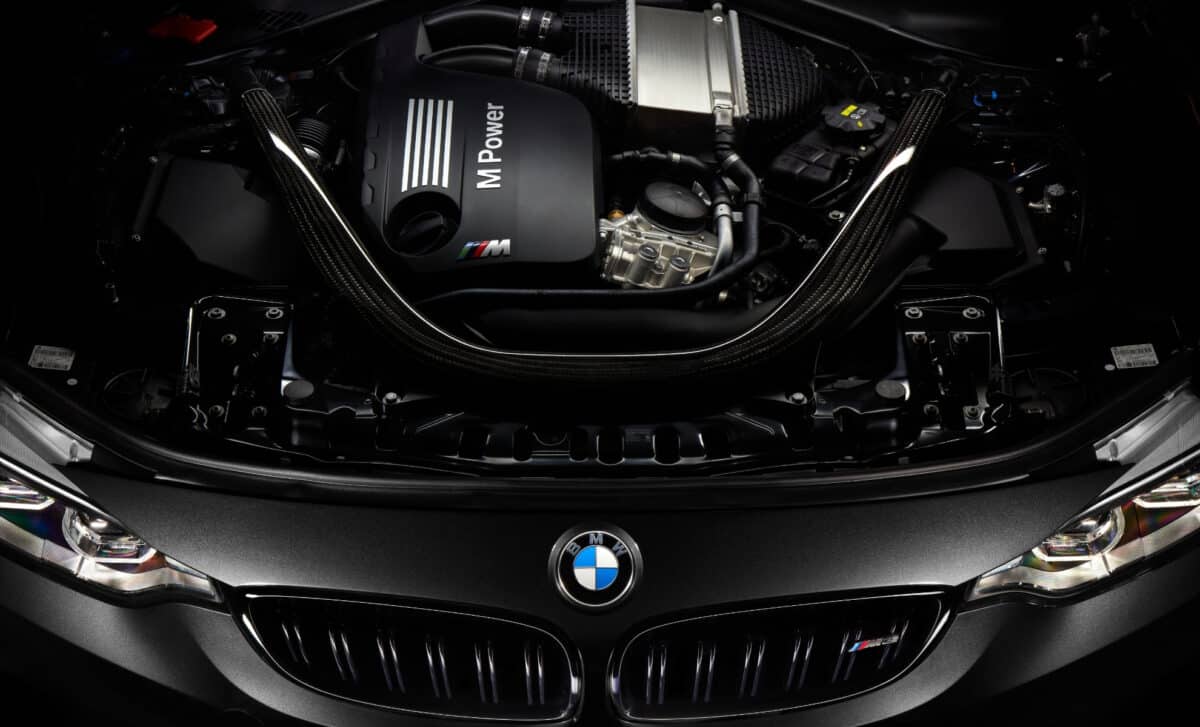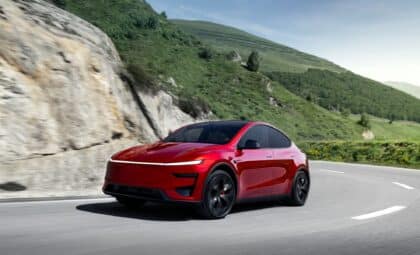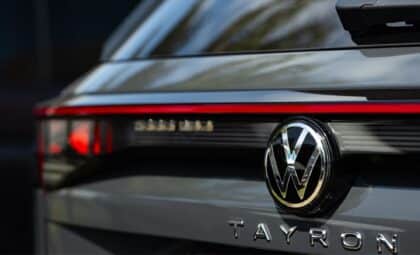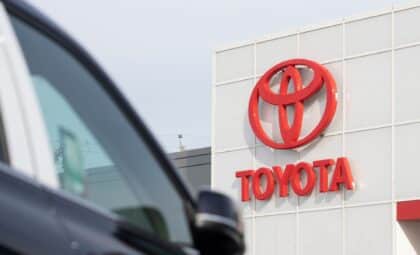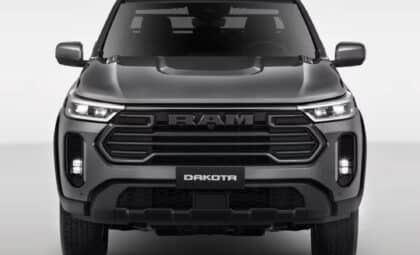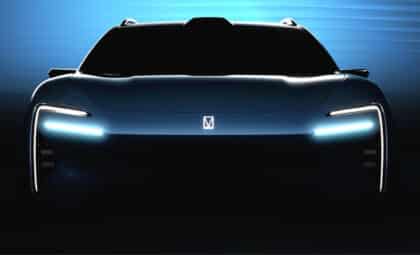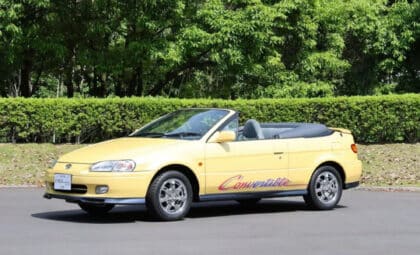The company’s Chief Technology Officer, Joachim Post, argues the policy overlooks infrastructure gaps, energy costs, and customer readiness—factors he believes could derail the sector if ignored.
His warning adds to a growing chorus of dissent from legacy automakers who have begun reversing earlier commitments to go fully electric. As the 2035 deadline approaches, pressure is mounting on EU policymakers to reconsider the timeline.
BMW has long positioned itself as a manufacturer committed to technological plurality rather than ideological alignment. While rivals like Audi, Mercedes, and Volvo previously announced plans to phase out internal combustion engines, only to soften those targets recently, BMW never pledged a full shift to electric vehicles by a specific date. Instead, the company anticipates balanced demand between electric and combustion-powered models by 2030 and sees flexibility as key to meeting customer needs.
Speaking to Australian outlet CarExpert, Post stated that the final decision should rest with consumers, not regulators: “Finally, the customer decides.” For BMW, artificially accelerating the death of combustion could jeopardize jobs, manufacturing investments, and consumer choice—all without sufficient assurance that infrastructure and pricing are ready to support the change.
Industry Leaders Push Back on Transition Speed
Joachim Post’s concerns aren’t isolated. Mercedes-Benz CEO Ola Källenius recently warned that the European auto sector is “heading at full speed against a wall” and even suggested the industry could “collapse” if regulatory pressure doesn’t ease. His remarks followed Mercedes’ admission that it would extend the life of combustion engines beyond previous projections, citing lagging EV adoption.
This resistance marks a shift in tone from some of the most prominent names in the business, many of whom are now dialing back electrification timelines. Post pointed out that the EU’s strategy appeared disconnected from real-world conditions, noting that the Commission hadn’t adequately considered whether EV charging infrastructure or energy costs could support a full ban by 2035.
BMW’s criticism reflects a broader discomfort with the idea of regulation outpacing consumer behavior. As the company sees it, failing to align policy with demand could trigger economic fallout across the supply chain.
European EV Uptake Remains Uneven
Despite the urgency behind the EU’s environmental goals, battery electric vehicles still account for a modest share of total car sales. As reported by Motor1, only 15.6 percent of new vehicles sold in the European Union during the first eight months of the year were electric. That figure climbs to 17.4 percent when including the United Kingdom and members of the European Free Trade Association such as Norway and Switzerland.
These numbers suggest that while interest in EVs is growing, broad adoption remains limited. EV readiness varies widely across regions, and affordability continues to pose a barrier for many consumers. While BMW has expanded its electric lineup, it continues to build a full range of gasoline engines—including three-, four-, six-, eight-, and twelve-cylinder units—not only for its own vehicles but also for partners like Toyota, Land Rover, and Ineos Automotive.
Sources close to the matter say even Mercedes is reportedly considering sourcing combustion engines from BMW, a sign that the technology remains commercially viable and strategically important despite looming regulatory deadlines.
High Stakes for European Market Share
BMW’s exposure to the European market adds urgency to its opposition. The brand, alongside MINI, sold nearly 500,000 vehicles in Europe in the first half of the year—surpassing sales in both Asia and the United States. Although China remained BMW’s largest national market with over 317,000 units sold, the collective strength of Europe underpins much of its operational strategy.
Combustion engine models continue to deliver high profit margins, especially in the premium segments. With the EU’s ban potentially disrupting this revenue stream, BMW sees a significant risk to its financial stability. The brand’s identity is still deeply rooted in engine innovation—the “M” in BMW stands for Motoren, or engines—and executives show no signs of walking away from that legacy without resistance.

